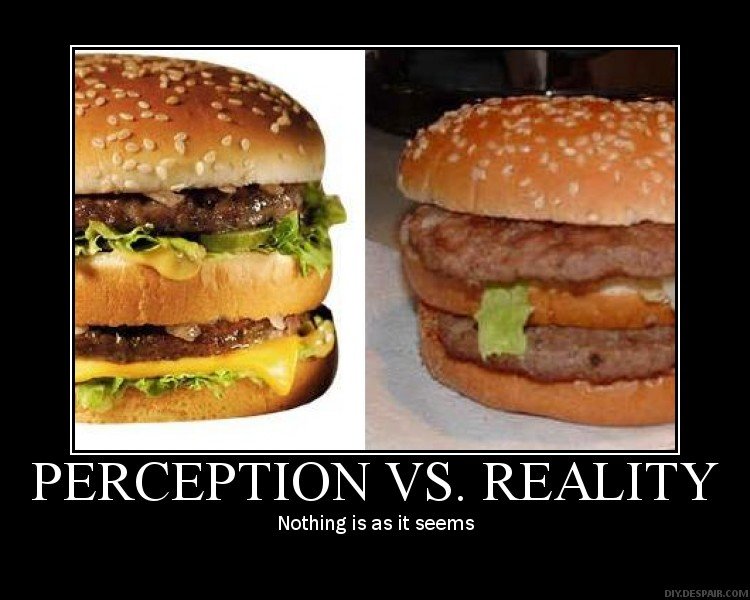Why Your Brain Might be Holding You Back?
If you gave a test to a million people and
three-quarters of them flunked, would you attribute their failure to a lack of
willpower or laziness? Or would you wonder if the test was flawed?
If the test measured the ability to lose
weight, the results would parallel the failure rates for Americans who are
trying to reduce their girth. According to the 2011 Food & Health Survey conducted by the International Food
Information Council Foundation, 77 percent of Americans are trying to lose
weight or avoid gaining weight. Despite their efforts, nearly 70 percent of Americans are overweight or obese.
Given the inability of the majority of us
to manage our weight, are we all just weak-willed slackers? Or are other
factors operating to make failure the most likely outcome?
For the most part, the test takers do not
blame others for their failure; they blame themselves. Desperate to succeed
despite a history of dangerous scams and diet schemes, consumers continue their
search for a magical solution to weight loss and willingly throw money at the
problem. Growing at an annual rate of nearly 11 percent for the past five
years, the market for weight-loss products (food, drugs, supplements, services,
ingredients, devices, accessories and cosmetics) in 2014 is projected to
reach $586 billion.
Designed to Eat
So why is it so difficult to lose weight?
Obesity psychologist Jim Keller, Director of Behavioral Health at the WeightWise
Bariatric Program in Oklahoma City, asserts that the human body and brain are
designed to eat — thus explaining why losing weight proves so challenging for
so many.

Keller, who has conducted 14,000
psychological interviews of individuals considering bariatric surgery, says
that the causes of obesity are complex. Obesity is not simply a function of
laziness or an indication of emotional instability. In addition, genetic and
biological factors do not act in isolation, but are constantly interacting with
an array of environmental factors. Keller notes that both the availability and
persuasive advertising of unhealthy food contribute to the obesity epidemic.
Why Is Changing Eating Habits So
Difficult?
While external and genetic factors play a
role, no one questions that individuals are in charge of their daily decisions
about what and how much to eat. So once we make up our minds to change a habit,
why do we find ourselves falling back into old ones? Why can’t we simply make a
decision and get on with it? What puzzles and frustrates many trying to lose weight
is why changing one’s eating habits is so darn hard.
According to Dr. Howard Rankin, an expert on behavioral change, a key part of the
problem is that we believe we have more control over our behavior than we
really do. Stress, anxiety and addiction can limit the conscious control we
have over our choices. Dr. Rankin asserts:
What drives our behavior is not logic
but brain biochemistry, habits and addiction, states of consciousness and what
we see people around us doing. We are emotional beings with the ability to
rationalize — not rational beings with emotions. If we are stressed, depressed
or addicted, no matter how good the advice we are given, chances are that we
will not be able to act on it. The more primitive, emotional brain generally
has precedence over the newer, more rational brain.

But even if we removed those individuals
who are stressed, depressed or addicted from the test group, we still would be
left with a large population of individuals who are unable to stick with their
resolve to lose weight.
I speak from personal experience. I’ve
started many a day resolved to eat healthfully for the rest of my life. But by
late evening, a piece of chocolate cake with vanilla ice cream has somehow
found its way into my stomach.
One possibility is that I have multiple
personalities. Another is that resolve is not constant. According to Dr.
Rankin, resolve ebbs and flows like the tide. One moment we can be fired up to
be mindful of our eating, but in the next instant, our mood, our state of
consciousness or the context has changed. Much to our chagrin, we find
ourselves indulging in unhealthy treats.
Dr. Rankin also has a healthy respect for
people’s extraordinary ability to rationalize almost any behavior. We can
persuade ourselves to do almost anything we want to do — especially when the
behaviors are ones that our brains are used to doing. But trying to persuade
ourselves to do things that we don’t really want to do — behaviors our brain is
not used to — is not easy. We are very adept at making wonderful (and
plausible) excuses as to why we can’t do what we don’t want to do.
http://www.huffingtonpost.com/carole-carson/weight-loss-psychology_b_881706.html
No comments:
Post a Comment